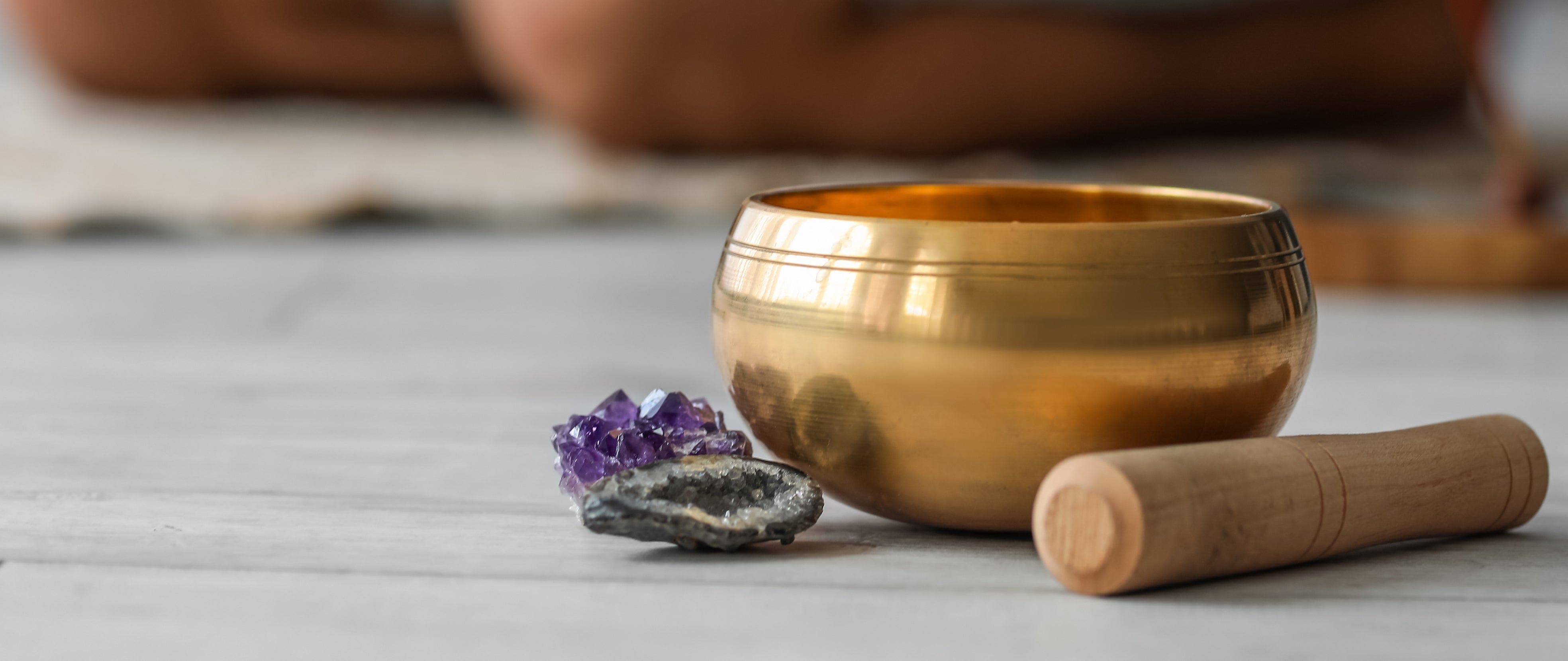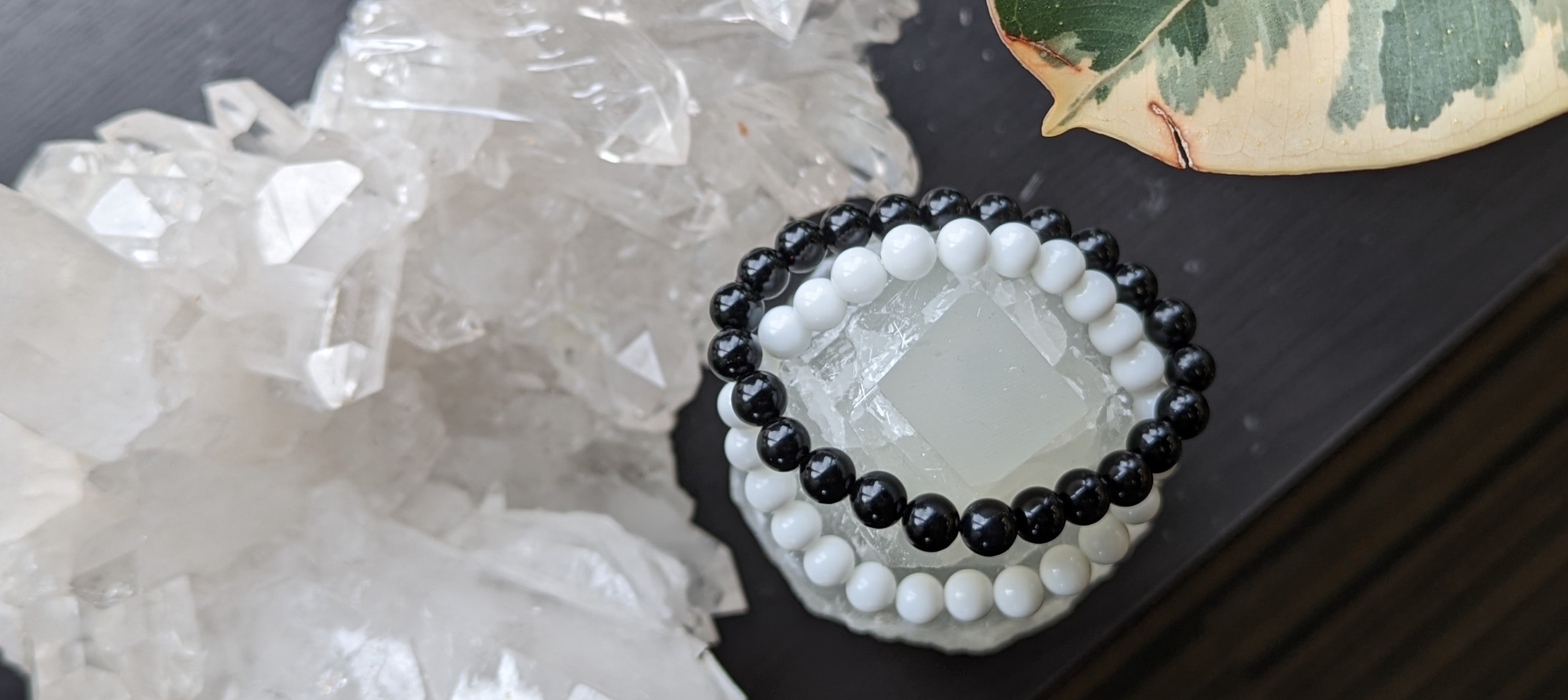What is resin incense?
Like other newcomers to New Age rituals, perhaps you've also asked yourself this question. And maybe you've also wondered how it's used and where resin comes from. Together with aromatic plants, resin has been used for thousands of years in prayer and smoke cleansing ceremonies.
Many people see using incense intimidating. And others are only familiar with incense sticks. But once you learn how resin incense works and how to use it, you'd find it's the easiest way to incorporate pure botanicals into your practice and fill your space with a richer scent.
Resin Incense: Origin and Purpose
Resin incense is derived from small pellets of hardened plant secretions or saps. The resin is usually extracted from the bark of a woody plant, the buds of a shrub, or the flowers of a herb.
The term resin incense also refers to herb blends consisting of barks, leaves, flower petals, and wood pieces. These plants are also burned for spiritual and relaxation purposes.
Below are the commonly used resins and the benefits they offer:
1. Palo santo - This tree grows in dry tropical forests and is native to Peru, Ecuador, and other South American countries. Mild, woody, and sweet-smelling palo santo (Spanish term for holy wood) clears negative energy and helps relieve pain, stress, and headache.
2. Copal - A fresh-smelling, fast-burning resin used to purify energies, raise vibrations, attract love, reveal invisible energies in a given space, and inspire insights into the Divine. Copal comes from the Buresa trees used for clearing mosquitoes and diseases. These trees are found in Mexico, Central America, and South America.
3. Frankincense - This type of resin comes from the trunk of the Boswellia tree. It's often used as an ingredient in soaps, lotions, and perfumes. With a piney to lemony scent to it, frankincense induces tranquility and deepens spiritual experiences. It also increases strength and motivation on days when you're low on energy and inspiration.
4. Myrrh - Another fragrant resin used in perfume products is myrrh, a resin derived from Commiphora trees. Its warm, earthy, and slightly bitter scent helps enhance spiritual awareness before and during rituals. Myrrh is also used to bring about happiness, confidence, strength, and stability. It was a common medicinal plant used in traditional Chinese medicine.
5. Dragon's Blood - A natural resin produced from the tropical dragon tree, this dark red resin is an excellent option for setting a calm ambiance. It produces a soft and sweet scent (almost similar to amber but sweeter) with some earthy tones that elicit healing and increased contemplation.
6. Benzoin - This herb resin is known for its vanilla-like scent with earthy tones. Benzoin resin is burned to clear negative energy, balance the emotions, and soothe sadness, anger, greed, loneliness, and weariness. It's also believed to attract prosperity. Benzoin resin comes from the trunk of trees that belong to the styrax family.
How Are Resins Classified?
Not all resins are equal ” each type of resin is grouped based on their purity. They can also be classified according to plant type and genus, or based on where they originated. This is why some resin varieties have a country name tagged to them (e.g., benzoin, copal, and frankincense).
In the case of copal, various types are distinguished by its different colours (white, gold, and black). Frankincense has diverse scents. The resin sold by one vendor might smell differently from another.

Why Use Resin Incense in Meditation and Energy Cleansing?
There are plenty of reasons why resin incense has been embedded in human life and has been shaping human well-being since ancient times. For starters¦
1. Burning resin promotes a healthier inner world. - When burned, resins produce a scent that activates desirable thoughts, emotions, and states of being. In aromatherapy, herbs are used to promote relaxation, creativity, increased concentration, increased consciousness, and sexual arousal among others.
2. Aromatic herbs purify the air. - Studies suggest that herbs with antioxidant properties purify the air when burned, making it clean and fresh. Additionally, resin incense releases a strong aroma that covers up unwanted odours in your home (e.g., pet odour, the smell of damp clothes).
3. It boosts mood levels. - Research shows that smelling pleasant aromas activates the emotional center of the brain. In effect, it influences the hormonal levels, regulates the nervous system, and relaxes the body. Aromatic resin incense is also believed to reduce headache, anxiety, depression, and sleep issues.
4. It harmonizes the mind, body, and spirit. - Frankincense and palo santo are known energy purifiers. Many cultures around the world use these resins in religious and spiritual ceremonies to cleanse the aura.
Lighting a frankincense or palo santo helps remove negative energies from your chakras and realign them. This then strengthens the connection between your mind, body, and spirit, making you feel at ease. All you need to do is use resin to smoke cleanse yourself, your belongings, and your space.
5. It enhances your connection to the divine. - Frankincense and myrrh (two of the presents at the birth of Jesus Christ) are the best aromatics to use to get in touch with God. For centuries, both resins have been used in spiritual ceremonies to connect with angels, spirit guides, ancestors, and even deceased loved ones.
6. Resins are a tool for a productive meditation. - The smoke from burned resins calms the nervous system. The invigorating aroma soothes your emotion, heightens your awareness, and sets the right ambiance for focus and solitude.
The smoke also primes you to be mindful and observant of your thoughts and feelings while tuning out distractions around you. These are necessary when entering into a tranquil state during meditation.
Now that you know what resin incense does, let's get to the exciting part: how to use them.
Best Ways to Burn Resin Incense
Resins don't contain any combustible material. This means you'll need an external source of heat to burn them. Charcoal is often used to burn resins until a steady stream of smoke is present.
Here's a step-by-step guide to use resins through different burning tools and methods:
Using charcoal
What you'll need:
Your resin/s of choice Sand or small rocks (for slippage prevention and heat insulation) A heatproof bowl (an abalone shell or a clay pot) A feather or bundle of leaves for fanning the smoke A match or small gas lighter for your light source
- In an abalone shell or heatproof bowl, place a handful of sand or small rocks.
- Place a charcoal tab on top. Using a candle or lighter, light the whole tab for a quicker and hotter burn (ideal for shorter and/or outdoor sessions). You can also light one side of the tab if you want a slower burn (good for creating a steady smoke lasting 20 to 40 minutes). Let stand for 5 minutes, or until a layer of ash forms around the charcoal. (Note: Use tongs when handling burning charcoal, never with your bare hands or even with gloves on!)
- Sprinkle resin over the charcoal. You can use one type of resin or a blend of assorted resins with different benefits. Let the resin burn and melt.
- Once a stream of smoke is produced, pick up the shell or bowl and fan the smoke with your hand or a feather in your desired direction. You can chant mantras or intentions as you do this.
- Crack open a door or window to release the old energy and smoke.
- After finishing the cleanse, put out the coal completely to avoid fire hazards. In your next session, experiment with different resins depending on your needs.
Using an oil warmer
Burning resin using charcoal produces a lot of smoke which can cause breathing problems for people with asthma. An alternative method (one that creates little to no smoke) is using an oil warmer. This is most useful for when you want to fill your space with the fragrance of the resin. Below is a detailed instruction from WikiHow.
What you'll need:
Your resin incense of choice An aromatherapy oil warmer (ceramic or glass) 1-2 teaspoons of vegetable oil (or olive oil/sunflower seed oil) Lighter A tea light (plain/unscented so the aroma won't mix with incense when burned)
- Pour the vegetable oil into the dish of the oil warmer. The amount of oil you use will depend on the size of the dish. But about 1 to 2 teaspoons should be enough to fill the dish almost halfway. The purpose of the oil is to prevent the dish from getting too hot and risk cracking.
- Add resin into the oil. Put 1 teaspoon of powdered resin or a few pieces for pea-sized resin chunks.
- Light your tea light and place it under the dish of the oil warmer.
- Allow the oil to heat up. This may take a few minutes or longer depending on the material of your oil warmer and how much oil you used. You'll know the oil is hot enough once you start to smell the resin.
- Once done, extinguish the candle. Let the oil warmer cool completely before you clean it. Never leave your oil warmer unattended and keep it out of children's reach.
- Replace the incense and oil after 3 to 4 days (if you light the incense daily). You can also add more oil if necessary.
Tap Into the Amazing Benefits of Burning Resin Incense
Using resin incense for any purpose is a wonderful experience. Whether you do it to relax, freshen up your space, be more present, or connect with the divine, each time you burn aromatics is truly a treat to the senses. And it's a treat anyone can enjoy!
If it's your first time learning about the magic that is resin incense and you're looking for a supplier of organic resins, you've come to the right place. Stonebridge Imports, through Peace Streaks, provides a wide range of aromatics you can use for your energy cleansing.
We supply resin varieties such as copal, frankincense, myrrh, palo santo, dragon's blood, and benzoin in bulk quantities. We also offer different tools for all types of smoke cleansing rituals.
Browse your options today to get started!
Show me bulk resin incense options

Sources:
Barnett, M. (2021, July 2). Incense Burning 101 “ How To Burn Resins Sustainably. This Is Darkness. Retrieved April 28, 2022, from http://www.thisisdarkness.com/2021/07/01/incense-burning-101-how-to-burn-resins-sustainably/
BENZOIN: Overview, Uses, Side Effects, Precautions, Interactions, Dosing and Reviews. (n.d.). WebMD. Retrieved April 28, 2022, from https://www.webmd.com/vitamins/ai/ingredientmono-351/benzoin
Collins, N. (2016, July 14). Science Says Burning Sage Can Clean The Air And Improve Your Health. Lifehack. Retrieved April 28, 2022, from https://www.lifehack.org/426156/science-says-burning-sage-can-clean-the-air-and-improve-your-health
Editorial Staff. (2021, April 29). 5 Spiritual Benefits of Burning Frankincense Resin. OutofStress.Com. Retrieved April 28, 2022, from https://www.outofstress.com/spiritual-benefits-of-burning-frankincense-resin/
FRANKINCENSE: Overview, Uses, Side Effects, Precautions, Interactions, Dosing and Reviews. (n.d.). WebMD. Retrieved April 28, 2022, from https://www.webmd.com/vitamins/ai/ingredientmono-448/frankincense
Perfect Way to Burn Resin Incense. (2021, February 16). Blog Hemincense. Retrieved April 28, 2022, from https://www.hemincense.com/usa/blog/perfect-way-to-burn-resin-incense/
Resins. (n.d.). US Forest Service. Retrieved April 28, 2022, from https://www.fs.fed.us/wildflowers/ethnobotany/resins.shtml
Walsh, C. (2020, February 28). How scent, emotion, and memory are intertwined ” and exploited. Harvard Gazette. Retrieved April 28, 2022, from https://news.harvard.edu/gazette/story/2020/02/how-scent-emotion-and-memory-are-intertwined-and-exploited/
wikiHow. (2021, September 16). How to Burn Resin Incense Without Charcoal. Retrieved April 28, 2022, from https://www.wikihow.com/Burn-Resin-Incense-Without-Charcoal





